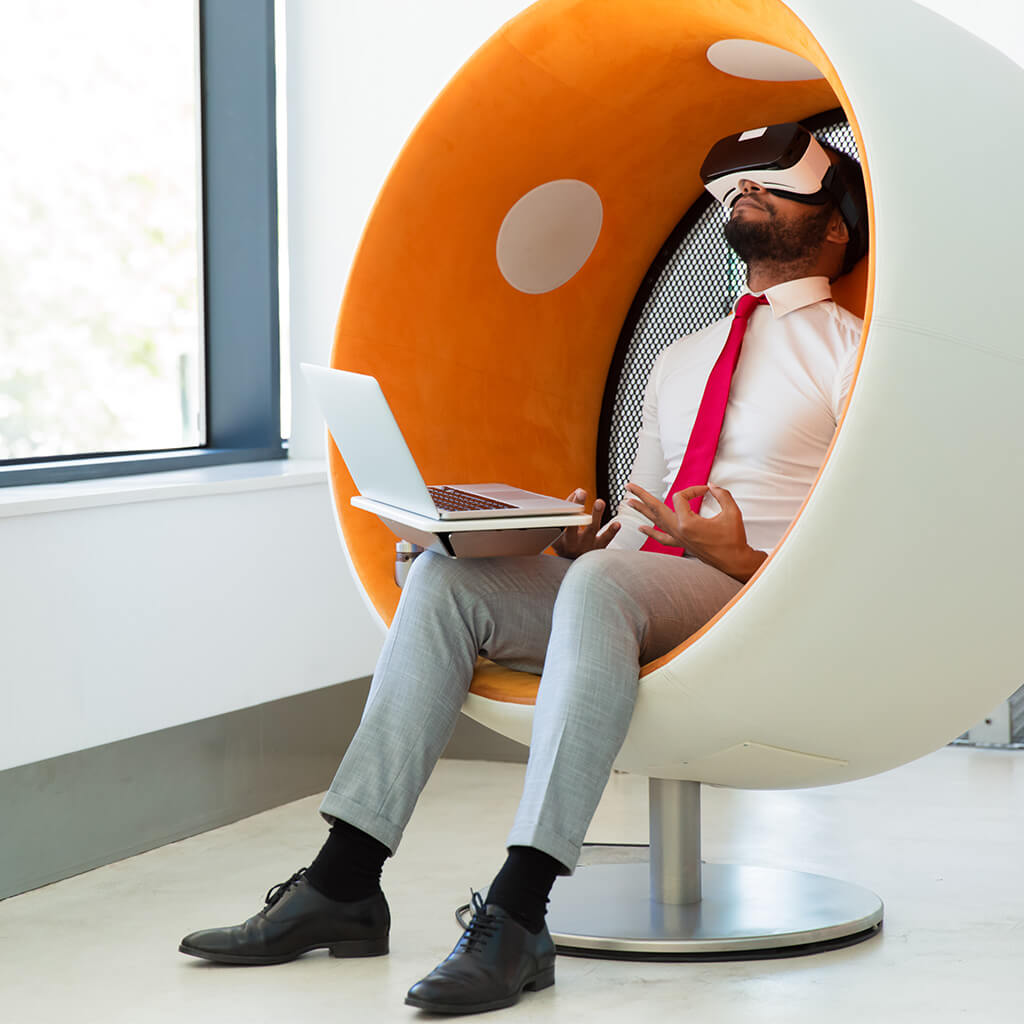The future of work is a topic that has garnered significant attention in recent years as advancements in artificial intelligence (AI) and automation technologies have raised questions about their potential impact on the workforce. While some fear that AI and automation will replace human jobs, others argue that these technologies will create new opportunities for collaboration between humans and machines. So, what does the future hold for work, and how can we ensure that the integration of AI and automation enhances, rather than hinders, our working lives?
Firstly, it’s important to recognize that AI and automation are already playing a significant role in shaping the way we work. Automated systems and machines have long been used in industries such as manufacturing and automotive, increasing efficiency and reducing the need for human labor in repetitive and dangerous tasks. This trend is likely to continue as technology advances, with AI being utilized in an increasingly diverse range of sectors. From automated customer service chatbots to self-driving cars, AI is set to transform the way we interact with technology in the workplace and beyond.
However, rather than solely focusing on the potential threats of AI and automation, it’s crucial to emphasize the opportunities they present for enhancing human capabilities. AI can augment human intelligence, providing valuable insights and supporting decision-making processes. For example, in the healthcare industry, AI can assist in diagnosing diseases and suggesting treatment options, improving the accuracy and speed of patient care. Similarly, in fields such as finance and law, AI-powered systems can analyze vast amounts of data, identifying patterns and insights that may otherwise be missed, ultimately improving efficiency and productivity.
Collaboration between humans and machines is key to a successful future of work. While AI and automation can handle repetitive and mundane tasks, freeing up human time and resources, creative and critical thinking, emotional intelligence, and complex decision-making are inherently human skills that machines struggle to replicate. By working together, humans and machines can achieve more than they could alone, increasing productivity and innovation.
To prepare for this future, it’s essential that individuals, businesses, and governments adapt and develop new skills. Individuals should seek to enhance their digital literacy, learn how to work effectively with AI systems, and focus on developing soft skills, such as creativity, problem-solving, and communication, which are increasingly valued in the age of automation. Businesses, on the other hand, should invest in reskilling and upskilling their workforce, fostering a culture of lifelong learning, and ensuring that ethical considerations are central to the development and deployment of AI technologies.
Governments also have a crucial role to play, such as implementing policies that support individuals and businesses during this transition, ensuring access to education and resources, and creating regulatory frameworks that govern the ethical development and use of AI, protecting workers’ rights, and promoting responsible innovation. By working together and embracing the potential of AI and automation, we can shape a future of work that is characterized by increased collaboration, innovation, and opportunity for all.
In conclusion, the future of work is not solely about the technology we employ but also about how we, as humans, adapt and evolve alongside these advancements. By recognizing the potential of AI and automation to enhance our capabilities and create new opportunities, we can embrace a future where humans and machines work together, each bringing their unique strengths, to drive innovation, increase productivity, and ultimately improve our working lives. The key to success lies in collaboration, ethical development, and a commitment to lifelong learning, ensuring that we remain adaptable and resilient in the face of technological change.
As we look ahead, it’s clear that the future of work is filled with both challenges and exciting possibilities. By embracing the power of AI and automation and focusing on the inherent strengths of human collaboration, we can shape a future where technology serves to enhance our potential, improve our working lives, and create a more prosperous and innovative world. The opportunities are vast, and it falls on us to ensure that the future of work is one that benefits us all. Let’s embrace the change and write the next chapter of human-machine collaboration together.
